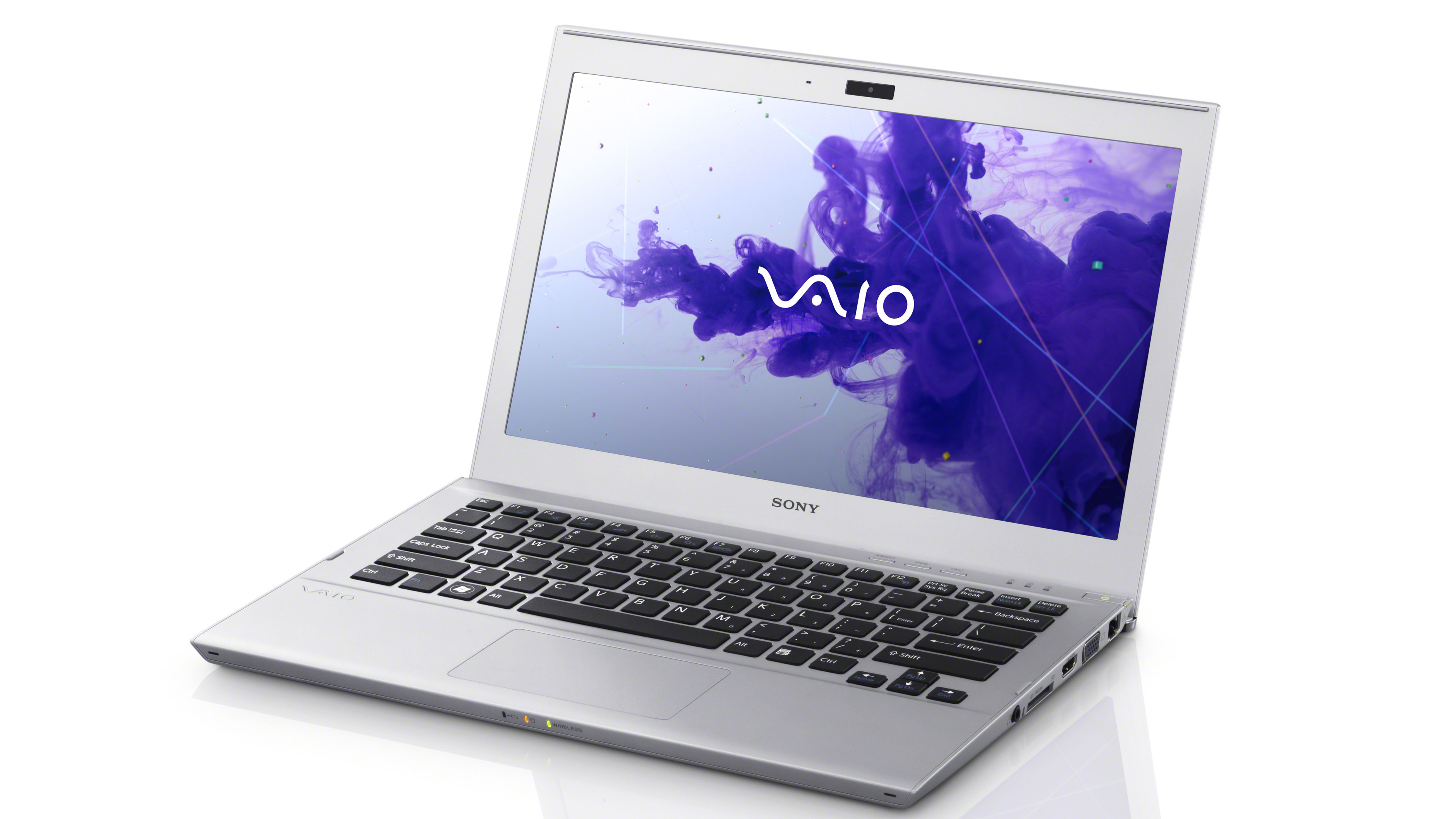Sony may ditch PCs so it can focus on smartphones
The Vaio brand name would continue

It may be sayonara to Sony-made PCs, if a purported deal to sell of the sinking business goes through.
Japan's Nikkei has learned Sony is in talks with an investment fund called Japan Industrial Partners to shell off its entire PC sector. According to the report, the branch could go for between 40 billion yen to 50 billion yen (about $391m - $489m/£239m - £299m/AU$437m - AU$547m).
Under the reported deal, a new company would be formed that would sell Vaio-branded PCs. Sony would maintain a small stake in the freshly formed company, but would withdraw PCs from overseas markets where Vaio is less well-known.
Instead, energy would turn inward to bolster Japanese sales.
Why pass on PCs?
No time frame was given for when the deal (if real) may close, but if it pans out the Vaio Fit 11A we saw at CES 2014 may be one of the last Vaios to hit the market under Sony's stewardship.
If the sale goes through, the reason is clear; Sony is willing to shed PCs so it can focus on smartphones.
Sony has seen its hold on the PC sector stall, and it ranked ninth among PC makers for the first nine months of 2013, according to research cited from IDC. In that time, it made 1.9% of all PCs shipped.
Are you a pro? Subscribe to our newsletter
Sign up to the TechRadar Pro newsletter to get all the top news, opinion, features and guidance your business needs to succeed!
Meanwhile, its smartphone business may not be the biggest, but the Xperia line has its fair share of fans. The company is tipped to reveal the Xperia Z2 with a razor thin bezel during this month's MWC, and we're sure to see more handsets throughout the year.
Michelle was previously a news editor at TechRadar, leading consumer tech news and reviews. Michelle is now a Content Strategist at Facebook. A versatile, highly effective content writer and skilled editor with a keen eye for detail, Michelle is a collaborative problem solver and covered everything from smartwatches and microprocessors to VR and self-driving cars.
